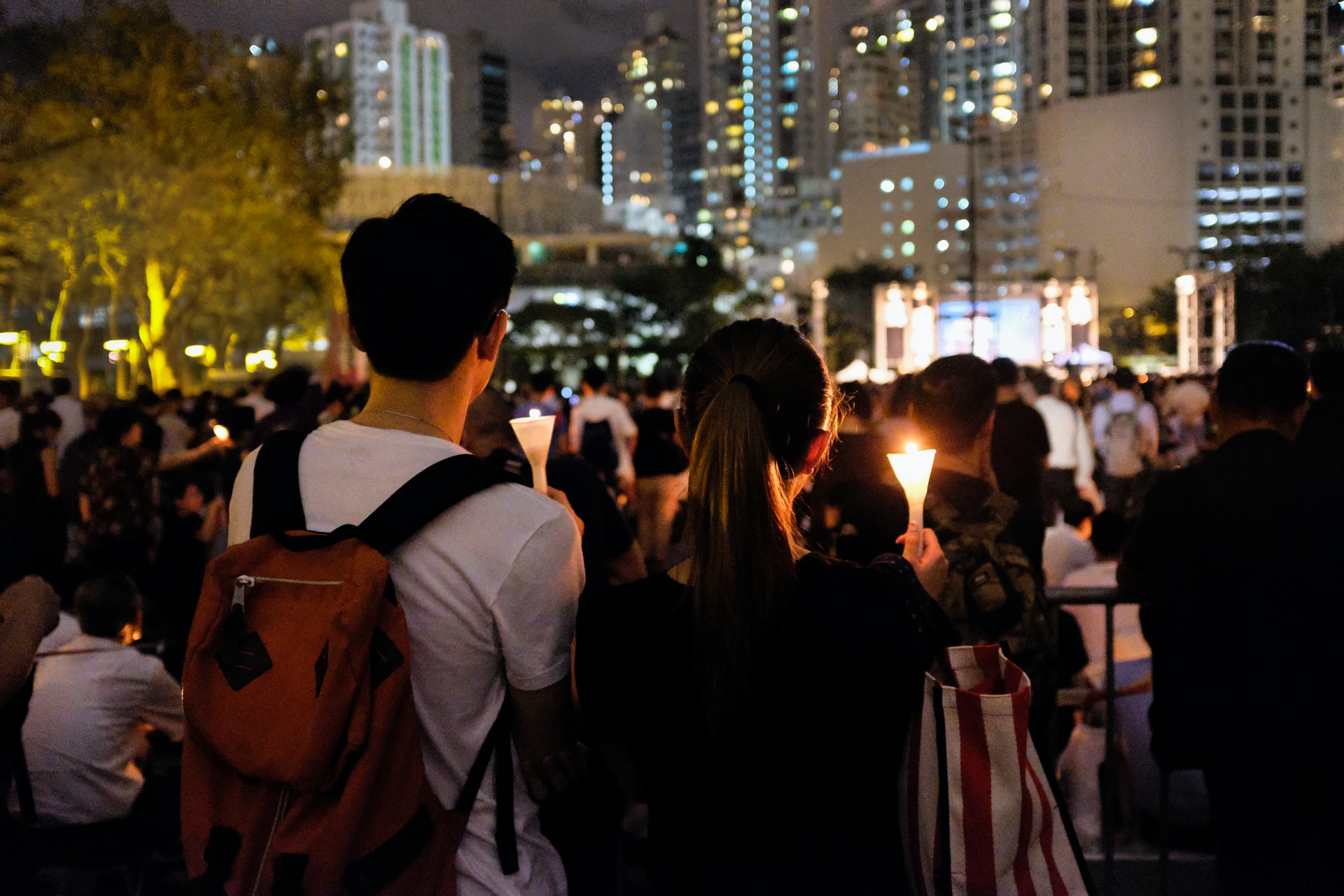PTSD Treatment for First Responders
PTSD treatment for first responders offers support for those on the front lines. Post-Traumatic Stress Disorder (PTSD) treatment for first responders often includes trauma-focused psychotherapies such as Cognitive Behavioral Therapy (CBT), Prolonged Exposure (PE) therapy, and Eye Movement Desensitization and Reprocessing (EMDR). These treatments aim to help individuals process and manage their trauma-related thoughts and feelings, providing them with coping strategies to deal with triggers and reduce PTSD symptoms effectively. First responders are exposed to dangerous and traumatic emergencies that can, over time, impact their mental health. Post-traumatic stress disorder (PTSD) symptoms can make it difficult for first responders to do their jobs, strain personal relationships, and lead to other mental health symptoms. PTSD treatment is available and involves multiple evidence-based trauma-focused therapies to help first responders understand and cope with their symptoms. This article explores PTSD treatment for first responders. The Prevalence of PTSD Among First Responders The prevalence of …






